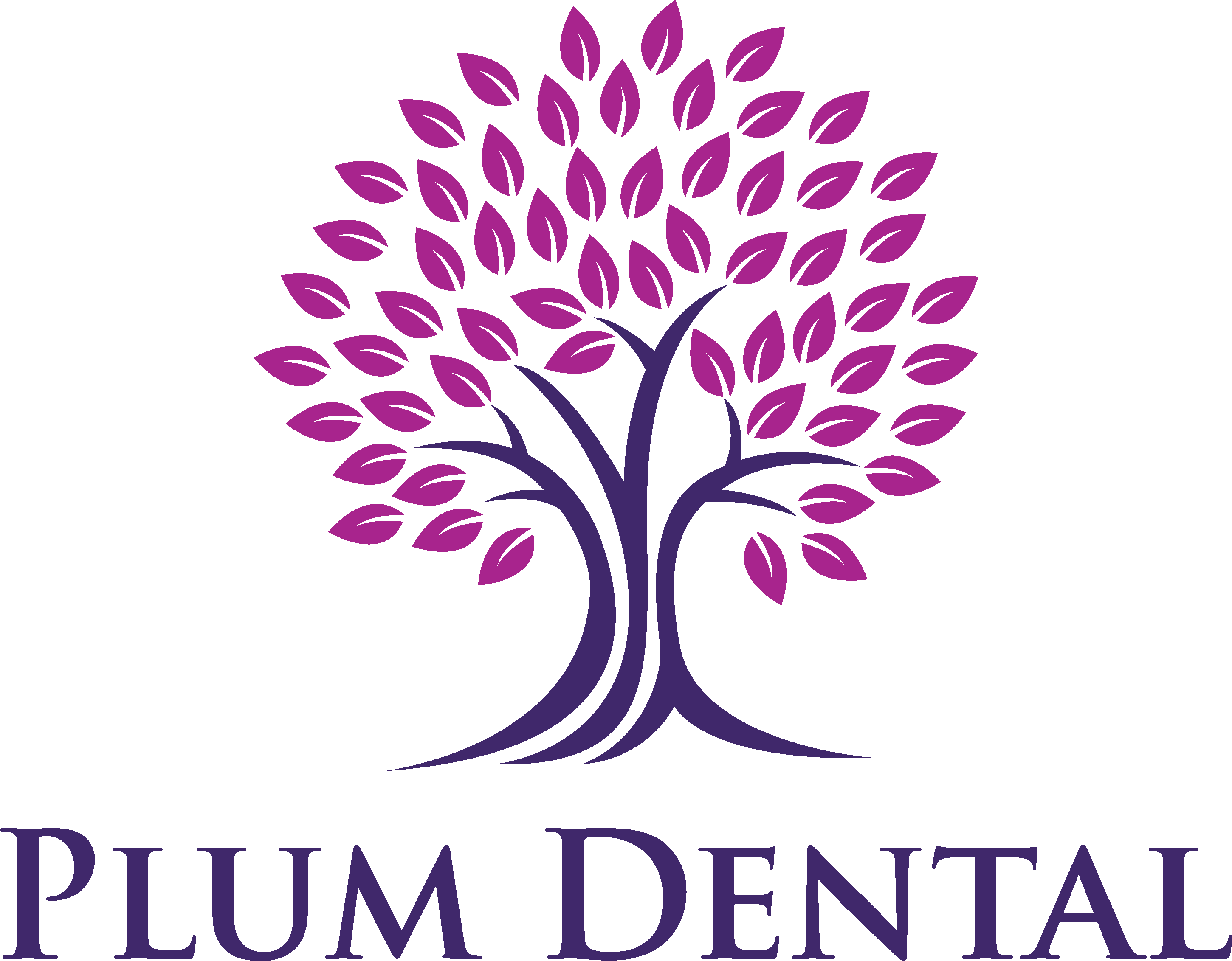DPO vs. DSO
So, what is a DSO anyway?
Most folks in the dental world hear DSO and they immediately think corporate dentistry. That may be true of any particular DSO but a DSO is merely a legal structure used in dental organizations to allow for a non-dentist to own all or a piece of a dental organization. The arrangement creates a “management entity” which is the DSO that has “affiliates” which are the dental practices and the “affiliates” have a “management services agreement” and other similar agreements with the DSO which govern the interaction between the DSO and the practices. The agreements are not all the same but they basically say that clinical decisions are made by clinical staff and the administration of the practice (which includes things like billing, HR, IT, maintenance, etc.) is the responsibility of the DSO. It’s complicated for a non-lawyer to understand but this structure exists in many places within healthcare, not just dental.
Typically, a DSO is created because a group of practices is owned or will be purchased by an investment or corporate entity or because the owners of the group of dental practices want to provide ownership opportunities for the non-dentist managers of the group. The vast majority of DSOs are, in fact, owned by investment entities – the vast majority of which are private equity firms. Private equity firms are in the business of buying and growing companies in healthcare and other industries with the intent on making them more valuable (typically over a 3-5 year period) and then selling them for a profit. Profit and making money is the overarching goal – in many ways the only goal. This can interfere (sometimes directly but mostly indirectly) with proper clinical care through things like unrealistic production and profit targets, efficiency metrics, cost cutting, pay caps for employees, patient volume expectations, etc. Not all DSOs or private equity firms are created equal. Some are “better” than others but it’s a measure of degree and depends on your perspective. But make no mistake, the ultimate ownership of the DSO is what matters. When push comes to shove, it’s the owner that decides.
DSOs can be as small as three practices or as large as nearly 2000 practices. Most are between 10 and 100 practices. About 20% of all dental practices are “affiliated” with a DSO.
We decided to form Plum to create something different – something built by and owned by dentists, for the benefit of other dentists and their patients and teams. Something clinically and operationally excellent.
We wanted to offer partnerships and equity and ownership opportunities to both affiliating dentists and new associate dentists starting their careers. We didn’t want dentistry to be just about the numbers. We put our patients first and focus on clinical education, technology, and support to make sure our doctors and team members have what they need to deliver optimal patient care. We’re based on good old fashioned family values and teamwork. We want patients to choose our practices not for our name (which you won’t find on any of our practices), but for our clinical expertise and family-friendly atmosphere. We want to be around for generations of patients living healthy, happy lives.
So we have built just that: a Dental Partnership Organization, or DPO, that promotes and supports doctor partnerships and keeps patient care at the forefront of everything we do. Our dentists are happy, and our patients are happy. It’s a win for everyone.
